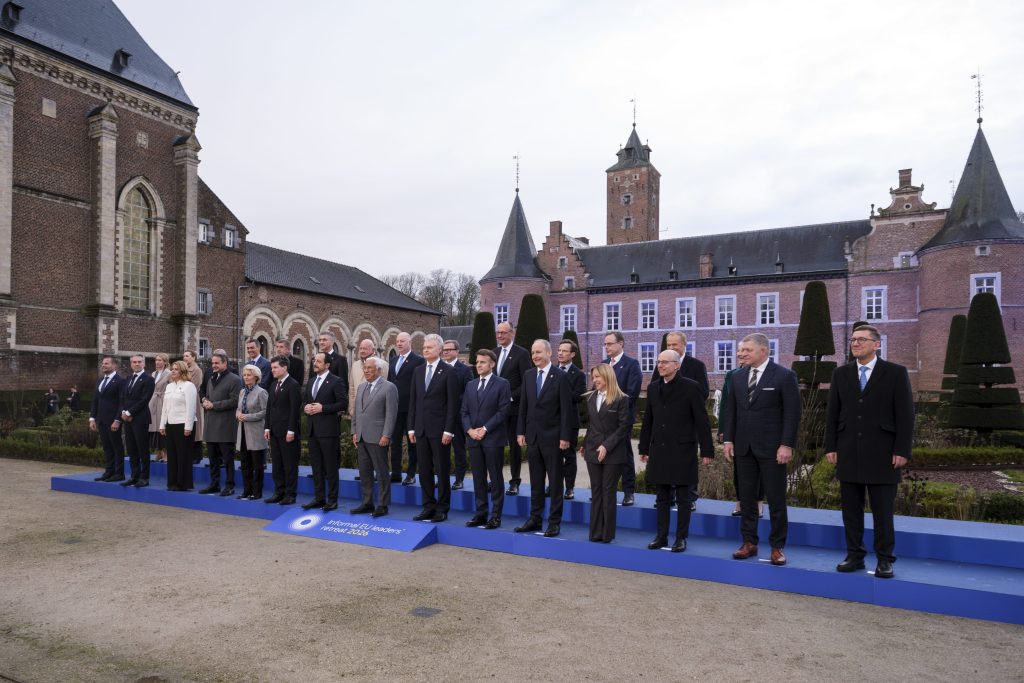This is a transcript of the podcast Agnes Foy on IWD and corporate culture between GRIP senior reporter Carmen Cracknell and lawyer Agnes Foy.
[INTRO]
Carmen Cracknell: So Agnes, thank you so much for joining us. Can you just start by talking about yourself and your professional background?
Agnes Foy:
Register for free to keep reading
To continue reading this article and unlock full access to GRIP, register now. You’ll enjoy free access to all content until our subscription service launches in early 2026.
- Unlimited access to industry insights
- Stay on top of key rules and regulatory changes with our Rules Navigator
- Ad-free experience with no distractions
- Regular podcasts from trusted external experts
- Fresh compliance and regulatory content every day













